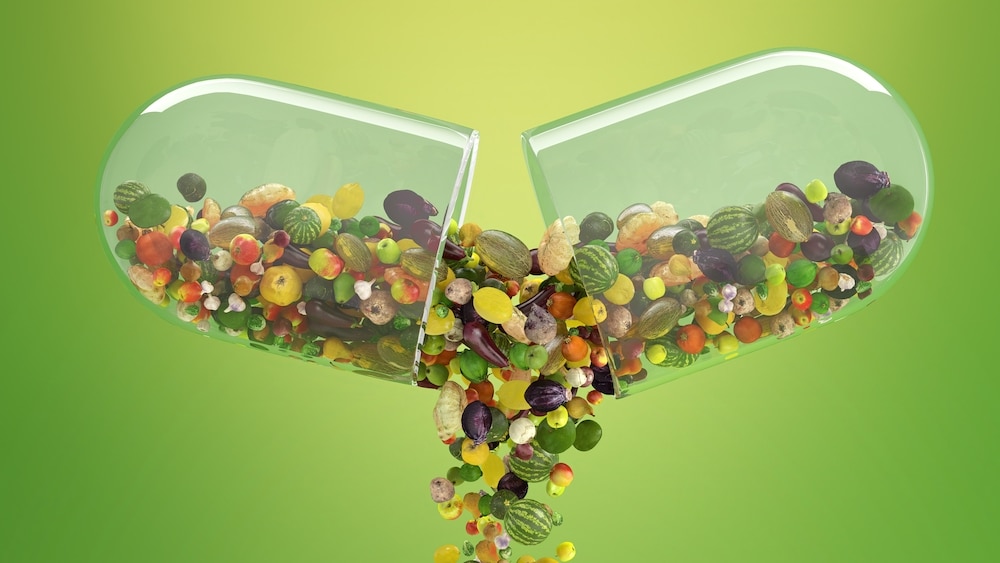Create a free profile to get unlimited access to exclusive videos, sweepstakes, and more!
Plants make their own aspirin to protect them when stressed
Can you still get a headache if you don't have a head?

In the medical comedy-drama series Royal Pains (now streaming on Peacock!), Dr. Hank Lawson has to walk a tightrope between serving himself and serving the community at his own expense. It isn’t the most high-stakes dilemma in the world, but it’s representative of the kinds of compromises which are often necessary in medicine.
Those compromises, it turns out, begin at the biological level long before they ever reach a laboratory or doctor’s office. In fact, organisms with lives which seem comparatively simple to our own walk a biological balance to keep themselves healthy every day, and they do so in incredibly complex ways even without the benefit of modern medicine or pharmaceuticals.
Scientists from the University of California, Riverside recently studied the stress response of a model plant organism and found that when the going gets tough, they make their own aspirin. Their findings were published in the journal Science Advances.
For a long time, most of us considered plants to be largely passive organisms, spending their days quite literally rooted to the same spot and relying on animals or even the wind to help them pass on their genes to the next generation. More and more, science is revealing that we don’t give plants near enough credit, and they do in fact respond to their environment in complex and interesting ways. Some of their methods rival those of their animal counterparts, while remaining a little subtler.
One way they respond to environmental pressures is through chemical response to external stimuli. Plants, of course, rely on sunlight for photosynthesis, a critical part of their metabolic processes, but as with most things the difference between medicine and poison is in the dose. Too much sunlight, too intensely or for too long, can be just as dangerous to plants as not enough.
If you’ve ever spent a hot summer day at the beach you might have a sense of what they’re going through. The major difference being that they can’t hide in the shade. When humans are exposed to too much sunlight, the body produces reactive oxygen species which result in burns and freckles. Something similar is happening in plants.
Scientists looked at the plant Arabidopsis, otherwise known as thale cress — a plant which recently made headlines when it was grown in lunar soil — and found that the ROS response acts as a klaxon at low levels, kicking their bodies into emergency action. In Arabidopsis, and likely in other plants, this process triggers the production of a molecule known as MEcPP which, in turns, kicks off the production of salicylic acid, a major component in the production of aspirin.
The presence of salicylic acid in the plant’s cells protects the chloroplasts and acts as a sort of sunscreen to guard them from overexposure to sunlight. In essence, it’s like the plants recognize an environmental hazard and start manufacturing their own pain killers to protect themselves until the threat passes.
Researchers are planning to investigate other plant species to confirm that similar processes are happening. Given the increased risk of exposure to high temperatures and sunlight as a consequence of climate change, scientists hope that a clearer understanding of these processes might provide opportunities to improve crop resistance, making them better equipped to withstand a changing world.
The researchers note that shoring up the survival potential of plant species will have a cascading impact on our own comfort and survival in the future. Plants not only provide a source of food for people, but they also produce oxygen, capture carbon, and provide a habitat for other animal species. Protecting them is in our best interests and it’s comforting to know that while our activities might be causing them pain, they’ve got ways to dull the discomfort.


























